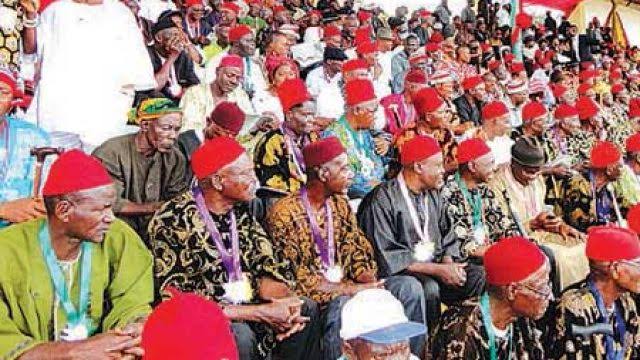The Igbo people, numbering around 40 million in Nigeria, are one of the largest and most influential ethnic groups in the country. Renowned for their entrepreneurial spirit, Igbos have left their mark both within Nigeria and internationally.
Although the Igbo language is primarily spoken in Nigeria’s southeastern states—Anambra, Enugu, Imo, Abia, and Ebonyi—it is also found in other countries across the globe.
Here are five countries outside of Nigeria where Igbo is spoken:
1. Barbados While English is the official language of Barbados, the island country in the West Indies incorporates words from various West African languages, including Igbo.
This influence is a result of the African diaspora during the slave trade. The term “Bim,” a common nickname for Barbados, originates from the Igbo phrase bi mu, meaning “my home.”
2. Cuba Cuba, an island nation in the Caribbean, has preserved elements of Igbo culture and language due to the historical presence of enslaved Igbo people.
Traces of Igbo heritage are evident in Cuba’s Afro-Cuban religious practices, particularly within the Abakua society, where Igbo words and customs still play an important role.
3. Jamaica During the Atlantic slave trade, many Igbo people from southeastern Nigeria were taken to Jamaica, bringing their language and culture with them.
This connection is still visible in Jamaican Creole, where Igbo words like unu (meaning “you”) are commonly used, demonstrating the lasting influence of the Igbo people in the country.
4. Equatorial Guinea In Equatorial Guinea, a small Central African country, more than 40,000 people speak Igbo, primarily on Bioko Island.
Although Spanish is the official language, the Igbo community, with historical ties to Nigeria, has contributed to the presence of the language and culture in the region.
5. Cameroon In Cameroon, particularly in the western regions close to Nigeria, Igbo is widely spoken as a lingua franca.
Due to geographical proximity and historical migration, the Igbo language has become a part of everyday vocabulary in Cameroon, with trade, migration, and colonial connections facilitating the spread of Igbo culture and language.
These countries highlight the global presence of the Igbo language and culture, stemming from historical ties and migration patterns that continue to shape the world today.

















